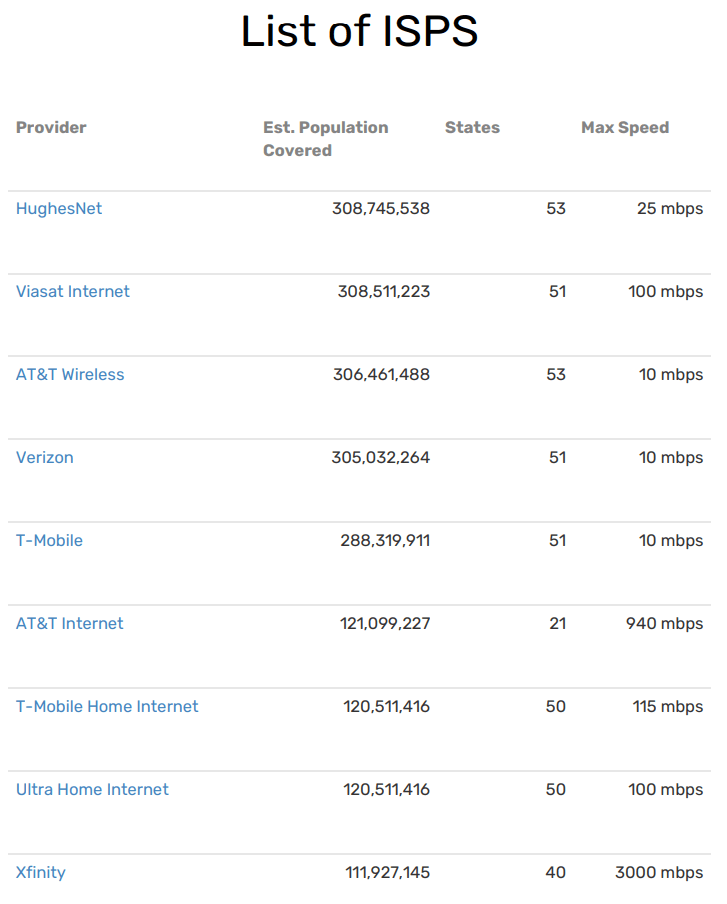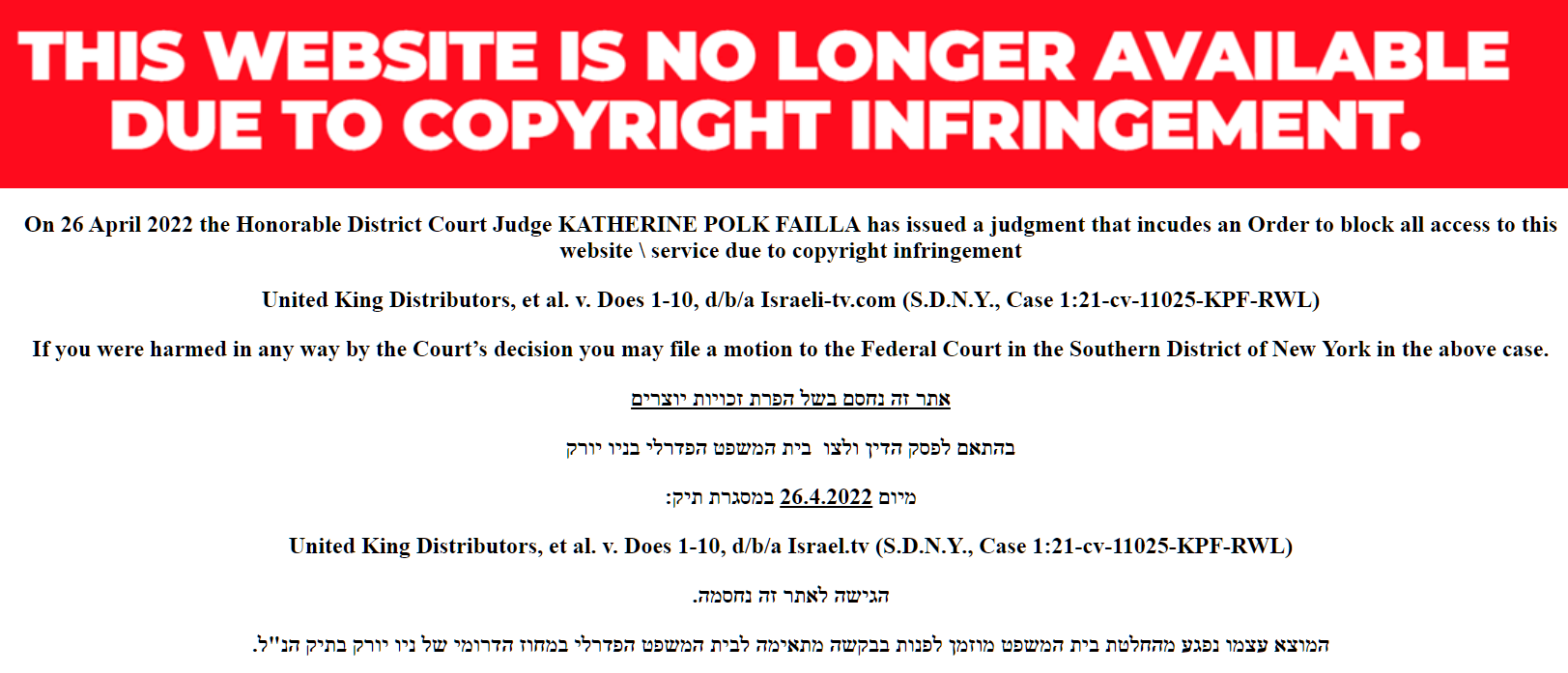 Earlier this year, producer and cinema investor Moshe Edery fired warning shots across the bows of Mastercard, Visa and American Express for continuing to provide payment processing to pirate streaming sites.
Earlier this year, producer and cinema investor Moshe Edery fired warning shots across the bows of Mastercard, Visa and American Express for continuing to provide payment processing to pirate streaming sites.
Edery, the co-founder of Screen iL, an international TV streaming platform aimed at Israelis living abroad, said the companies must be aware that pirate sites are involved in criminal copyright infringement and money laundering. The suggestion was that by continuing to do business with them, the payment companies should also expect legal action against them.
While that would be a first in anti-piracy enforcement, several Edery-related companies have just won three separate copyright lawsuits in the United States. The judgments and injunctions not only break new ground in the United States but might also represent one of the most significant anti-piracy wins of the century.
Edery-Affiliated Companies Sued Pirate Sites in 2021
Last year, companies including United King Film Distribution, DBS Satellite Services, and Hot Communication filed three copyright infringement lawsuits in the US District Court for the Southern District of New York. Each complaint targeted a specific pirate streaming site – Israel-tv.com, Israel.tv and Sdarot.tv – the latter being Israel’s most popular pirate streaming site with millions of visitors each month.
At least in broad terms, the lawsuits were relatively unremarkable. They followed traditional lines by demanding $150,000 in statutory damages for every copyrighted work infringed and an injunction to prevent infringement moving forward. From the beginning it seemed highly unlikely that the operators of these sites would turn up in court to defend themselves, meaning that a win for the plaintiffs in these cases was never really in doubt.
Late last week, the plaintiffs won all three lawsuits via default judgments. The court ordered the operators of Israel-tv.com, Israel.tv and Sdarot.tv to each pay $7,650,000 in statutory copyright infringement damages related to 51 registered works owned by the plaintiffs.
While almost $23 million in damages isn’t an inconsiderable amount, the injunctions handed down in all three cases are something never seen before in a TV/movie piracy case.
Permanent Injunctions Break New Ground in the US
In all three judgments, the defendants are enjoined and restrained from infringing the plaintiffs’ rights, including by streaming, distributing, or otherwise making any of their copyrighted works available to the public. They are also banned from operating their websites from existing domains or any other they might use in the future.
All pretty standard stuff so far – and then the big one.
All ISPs…and any other ISPs providing services in the United States shall block access to the Website at any domain address known today…or to be used in the future by the Defendants…by any technological means available on the ISPs’ systems.
Attached to each judgment is a list of US-based Internet service providers that are required to not only block the domains currently used by the pirate sites but any they might use in the future too. The first page of the list of ISPs is shown below but there are nine pages in total covering almost 100 residential ISPs.
The injunctions also clarify that the list is non-exhaustive, meaning that the orders also apply to all other ISPs providing services in the United States.

“The domain addresses and any Newly Detected Websites shall be channeled in such a way that users will be unable to connect and/or use the Website, and will be diverted by the ISPs’ DNS servers to a landing page operated and controlled by Plaintiffs,” the injunctions continue.
It’s not clear how long it will take all ISPs in the United States to comply with the order but the specified landing page is already live at http://zira-usa-11025.org.

So what we appear to have here are three substantially identical judgments and permanent injunctions that compel all ISPs in the United States to implement whole-site blocking for copyright infringement. Not only that, these are examples of so-called ‘dynamic’ injunctions that are designed to adapt to any anti-blocking countermeasures the sites might deploy in the future.
These injunctions exist in several other countries already but at least as far as we know, this is the first time that copyright holders have been granted such sweeping powers in the United States. SOPA promised whole-site blocking for piracy but a decade later it transpires that existing copyright law was good enough already.
Additional Features of the Injunctions
All three injunctions prevent any third-party company (including ISPs, webhosts, CDN providers, DNS providers, domain name companies, advertising services, financial institutions, payment processors, etc) from doing any business with the sites at their current domains or any new ones.
All domains must be channeled to the landing page operated by the plaintiffs and all companies where the defendants hold accounts must be located and frozen. To satisfy the damages listed in each judgment, any funds in those accounts must be transferred to the plaintiffs within 30 days.
The plaintiffs can also conduct additional discovery against pretty much any entity they believe to be connected to the infringing sites (or their operators) to locate more assets.
If the defendants don’t like the Court’s ruling, they are invited to appeal but having avoided court thus far, that seems unlikely. Whether every (or any) ISP in the United States will contest the injunction is currently unknown, but we can be fairly confident that if they choose not to, these three site-blocking injunctions won’t be the last in the United States.
All three judgments and injunctions can be found here (1,2,3, pdf)
From: TF, for the latest news on copyright battles, piracy and more.
0 Commentaires